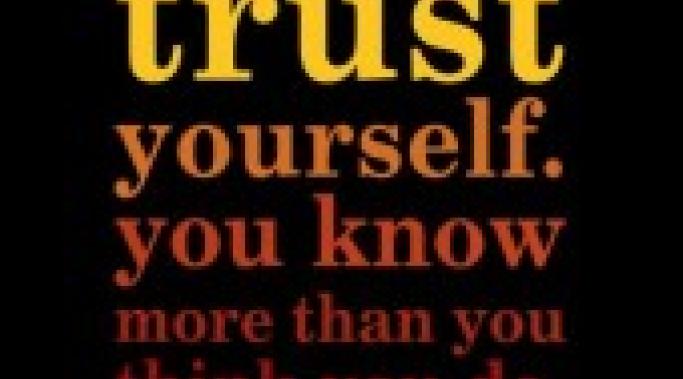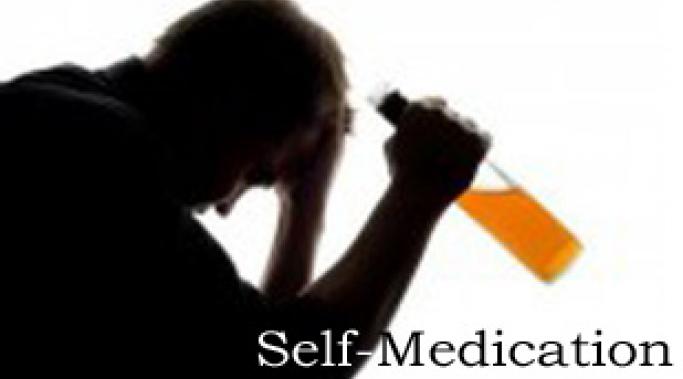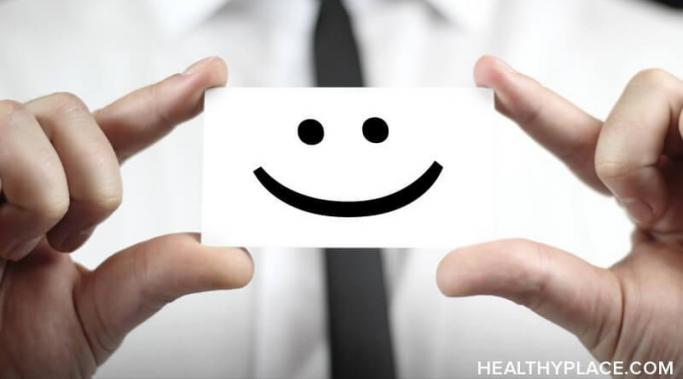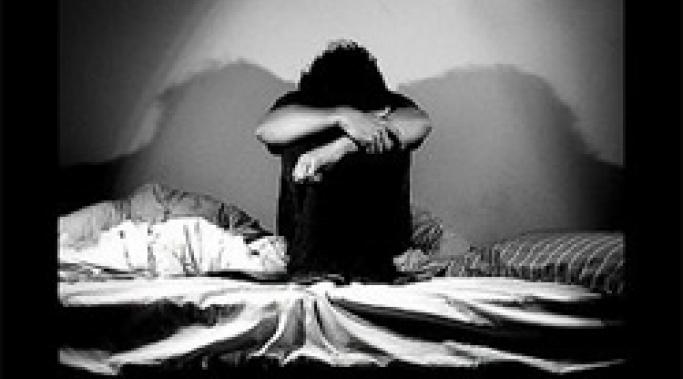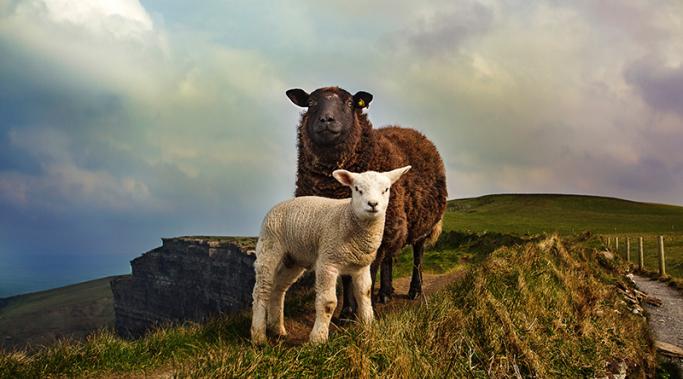This blog, Recovering from Mental Illness, allows me to explore many different topics. This post, "Visualizing Mental Illness" might be a bit tough to delve into, but I believe it's an important, albeit confusing, issue. Let's give it a fair shot.
Recovering from Mental Illness
Right. Here I go again---another strange phrase that may be construed as useless. I could title this blog "I Am Different." Or, to push any thoughts of narcissism aside--"We Are Different" might work well. But that doesn't work. Not really. Particularly among the masses where people are both similar and dissimilar.
This topic is close to my heart...or, rather, high on my level of irritation. Diagnosed with bipolar disorder at the age of twelve, I have seen my share of psychiatrists, psychologists, social workers---I am missing a few people, er, professionals. The list is extensive. Some of us are blessed to be working with a wonderful mental health team right of the bat.
Diagnosed with a mental illness? This is your new psychiatrist, he or she will make you well, provided you put the work in! My experience has been quite the opposite--a bit more complicated.
Contradictions in Diagnosis
Let me stress this: Do Not Self-Medicate Mental Illness. This is obvious, right? It should be simple. Why make things more complicated? Being diagnosed with mental illness is crazy enough, so why do a large portion of people, statistically, abuse drugs and alcohol?
I'm human and sometimes I hurt. Just like you do. A few years ago:
I have not slept in three days, maybe four. Sheets hang on my windows. The light stings my dilated eyes. I wince, even among the relative darkness I have created. I have not eaten in days; I drink water tainted with vitamins hoping that's enough.It's been days of drugs and of alcohol. I am surprised I have not died yet.
For many years, that was my life. That was my way of dealing with the diagnosis. I hid behind drugs and alcohol because, in my mind, I would rather be an addict and alcoholic than to be bipolar.
What is happiness? It's a rhetorical question like those I've avoided since University classes. I don't like questions that have no answer. It seems ridiculous: Why would a question have no answer? Good question. So, let's dive right in. What is happiness (and why do we have to find it anyway)?
R.E.L.A.P.S.E. Seven letters. Just seven. This seems impossible: the experience of mental illness relapse requires millions of words. As many words as the emotions it evokes, the pain it causes and the feeling that, you, that I, cannot escape. The fear of mental illness relapse isn't lessened by knowing recovery will follow.
As if dealing with a diagnosis of mental illness is not hard enough, many of us are confronted with a feeling that we do not belong in our family, within our peer group -- we feel different. I'm pretty sure there is no definition for 'the black sheep syndrome' but, just in case, let me refer to my trusted thesaurus.
It would be lovely if the diagnosis of mental illness came with a prescription for recovery that was given to all of us. Diagnosed with bipolar disorder? take this pill, you will be fine. You will be recovered! That would be nice, perfect, what a fantastic dream! Then you wake up. You take your medication. That's the reality.
Recovery is different for all of this: treatment is never the same. Some of us, once diagnosed and treated, experience no symptoms of all. On the flip side, some of us struggle on a day to day basis.
Analyzing "Talk"
Some people like chocolate and some people like going to movies. Me, well, I like my thesaurus. I like things like this: certain pens, books, a 5,000 page book full of words that connect to words that mean, pretty much, the same damn thing. So, fueled by caffeine, I look up the word talk (and here is to hoping a few you like words, sort of), and am confronted with a whole slew of them.
Usually, and with any luck, life moves smoothly. When you have a mental illness, the road is probably a little bumpier than you would like, but certain things remain the same. The time you wake-up and the time you fall asleep. The food you like to eat and the food you avoid. The people in your life who mean the most. The music you like and the hobbies you have. It is these things, little things, that make life easier, enjoyable.
Life Does Not Always Remain Comfortable


